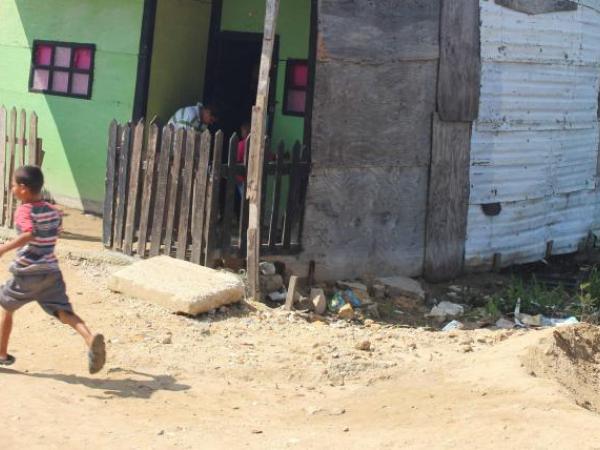The rise in inflation in recent months led to the variation in the Consumer Price Index (CPI) in May will reach 9.07%.
(See: Rent and electricity increases punctuate inflation, why?).
It is popularly said, “inflation is the worst tax on the poor” and precisely, lower income households are seeing a higher incidence of inflation.
So much so that the figures for May recorded a gap of 2.95 percentage points between the poorest families and those with high incomes, because while that for the poor the annual inflation of the fifth month of the year was 10.68%, for those with high incomes it was 7.73% according to the latest report from the National Administrative Department of Statistics (Dane).
(See: Inflation without food, at 6.5% due to rents and restaurants).
In the case of households classified as vulnerable, annual inflation in May reached 10.47%, and for those belonging to the middle class it was 9.2%.
It is worth mentioning that at the end of April the Dane updated poverty figures at the national level, and according to the information for 2021, 39.3% of the population, 19.6 million people, is classified as poor, since they live in households where each member has less than $354,031 to live per month.
(See: Corn, meat and nitrogen, among those that could drop in price).
The next income group is the vulnerable, 31% of the population (15.5 million), while 27.8% of the population are in the middle class. Colombians (13.89 million) and 1.8% (921,000) are part of the country’s upper class.
One of the reasons why inflation hits lower-income families the hardest is because the relative weight of food within their consumption basket is greater, and these are the ones that have driven inflation the most in recent months.
“Inflation tends to have a disproportionate impact on people with lower incomes, since food and public transport occupy a higher percentage of their income in their life basket, and therefore inflation affects them more.”, explains César Tamayo, Dean of the School of Economics, Finance and Government at Eafit University.
(See: Inflation: These are the breakfast foods that have gone up in price).
And although in the last month annual inflation showed a slight decline, and it is expected to moderate gradually, the effect on lower-income families could take longer to subside.
“Usually, unfortunately, it takes longer because food tends to have a more difficult behavior to temper than other goods, so it usually does tend to be a longer lasting problem.”, said Mauricio Santamaría, president of the economic studies center Anif.
LAURA LUCIA BECERRA ELEJALDE
Journalist Portfolio

















